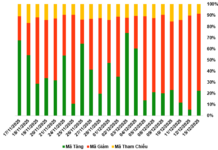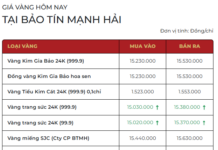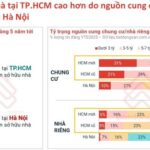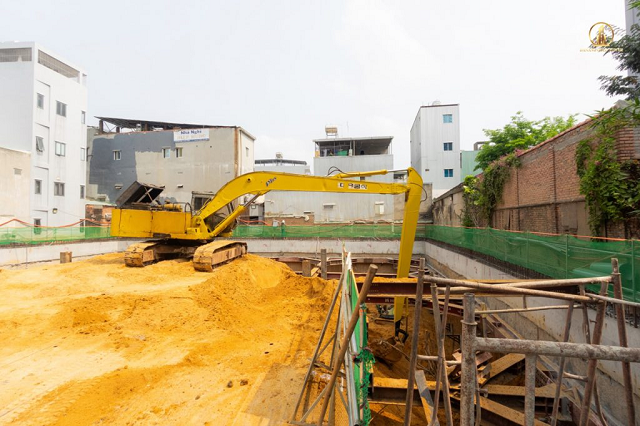At the seminar “Land Law 2024: Effective Implementation Solutions for Investors” organized by the Ho Chi Minh City Center for Trade and Investment Promotion (ITPC) in collaboration with the Vietnam International Arbitration Center (VIAC), experts discussed the significance of the new land law.
The Land Law 2024 is deemed to be of utmost importance, contributing to the comprehensive improvement of policies and legal frameworks related to land management and usage.
Once enforced, this law is expected to have a profound impact and serve as a foundation for transforming the investment and business landscape, not only for closely related sectors such as real estate but also for fostering the growth of interconnected markets, including finance, construction, and services.
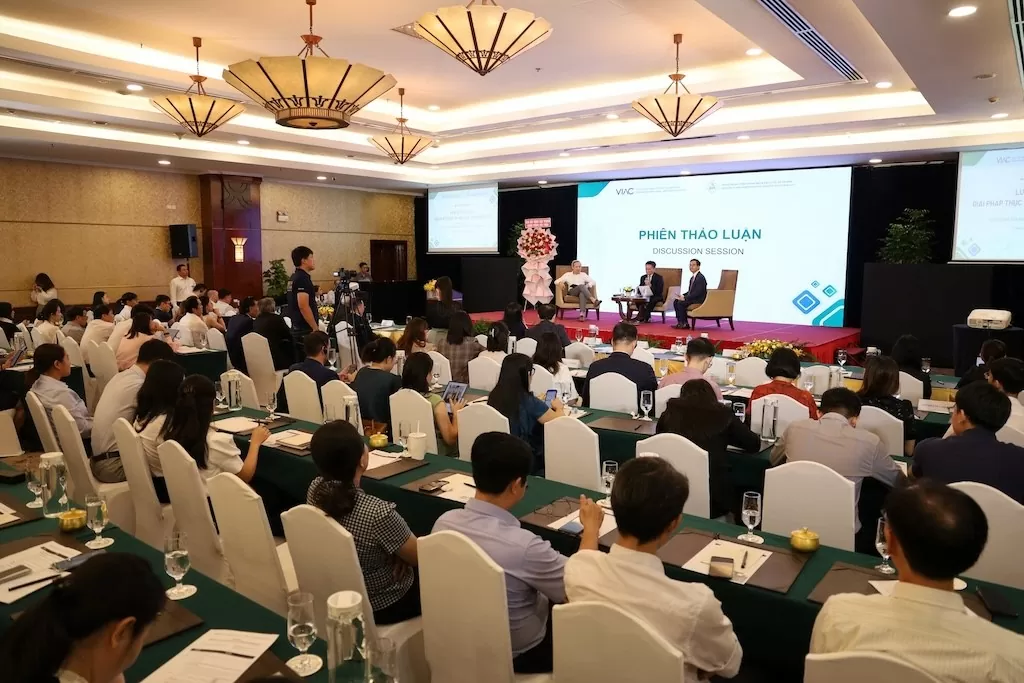
The Land Law 2024 introduces notable advancements with the inclusion of provisions on land use principles.
In terms of investment activities, the Land Law 2024 showcases significant enhancements by incorporating provisions on land use principles, mechanisms for land allocation and leasing, and striking a balance between the interests of investors and landowners whose land is subject to revocation.
The law also introduces refined regulations pertaining to compensation, support, and resettlement, thereby facilitating investors’ access to land, streamlining administrative procedures, and benefiting the populace through stabilized land prices and the elimination of existing legal complexities.
According to Mr. Phan Đức Hiếu, a member of the National Assembly’s Economic Committee, the Land Law 2024 stipulates only three mechanisms through which enterprises can access land resources for commercial residential development.
Firstly, land revocation and allocation: The state will revoke land from individuals and organizations, subsequently allocating it to enterprises only for large-scale urban development projects with comprehensive infrastructure (including electricity, roads, schools, and medical facilities).
This highlights that land revocation will only be considered in cases of essentiality for impactful projects that drive economic growth, boost urbanization rates, and generate positive spillover effects for the region. Smaller-scale, localized projects will not fall under this mechanism.
Secondly, the acquisition of land use rights: Enterprises seeking land resources for commercial residential development must obtain land use rights from others, but they are only permitted to agree on the transfer of residential land use rights.
Thirdly, the conversion of land use purposes: The Land Law stipulates that the conversion of land use purposes for commercial residential development is permissible only if the land plot includes a portion of residential land.
“If you possess a land fund that doesn’t include any residential land, you are not allowed to change the purpose to develop commercial residential projects. This is called a framework inconsistency. The National Assembly has thoroughly discussed this issue, aware of the loopholes in the previous law,” explained Mr. Hiếu.
For unclear cases, the National Assembly will entrust the government with conducting pilot projects. For instance, if an investor wishes to acquire non-residential land for commercial residential development, a pilot project will be necessary. Depending on the case, conditions, and land origin, if the project proves to be stable, it will be legalized through established principles, elaborated Mr. Hiếu.
Further clarifying the stricter regulations for commercial residential development, Attorney Nguyễn Văn Hải, a member of YKVN Law Firm LLC, attributed it to the dependence on the annual land use plans of each locality, distinguishing between residential and non-residential land. Meanwhile, the case of non-residential land for commercial development has been meticulously considered by lawmakers, necessitating a practical pilot mechanism before legalization.
In contrast, the Land Law 2024 introduces more relaxed mechanisms for social housing development, offering greater flexibility to enterprises. Specifically, if an enterprise lacks land, the state will undertake land revocation. Alternatively, if the enterprise already owns land, it can proceed with the project by independently changing the land use purpose.
“The objective of the Land Law 2024 is to propel economic growth and promote efficient land utilization, counteracting wasteful land usage. Land must be meticulously measured and calculated within the economy,” emphasized Mr. Hiếu.
Ensuring Effective Implementation of the Land Law 2024
According to Deputy Minister of Natural Resources and Environment, Le Minh Ngan, the workload for preparing the necessary content to ensure the effective enforcement of the Land Law 2024 from January 1, 2025 is significant, as it requires the completion of 9 Decrees, 6 Circulars, 1 Prime Minister’s Decision, and 18 detailed local provisions.
Choose La Mia Bao Loc – Embrace a Fulfilling Life with an Ideal Green Living Standard
Not just a perfect blend of art and inspired Italian-style resort, La Mia Dalat also effortlessly brings each resident to the standards of peaceful living, well-being, and balanced body-mind-soul.
Chinese citizens flock to buy 280 tons of gold, realizing real estate and stocks are no longer a good investment channel
Regardless of the global decline in demand for gold, the purchasing power of Chinese citizens has propelled the price of gold to surpass the $2,000 per ounce threshold in 2023.




